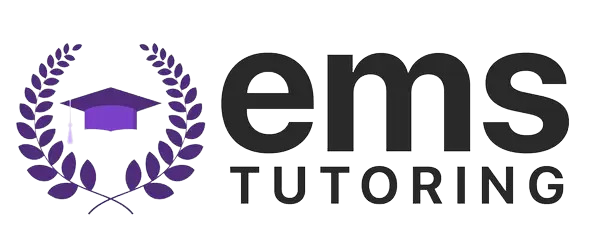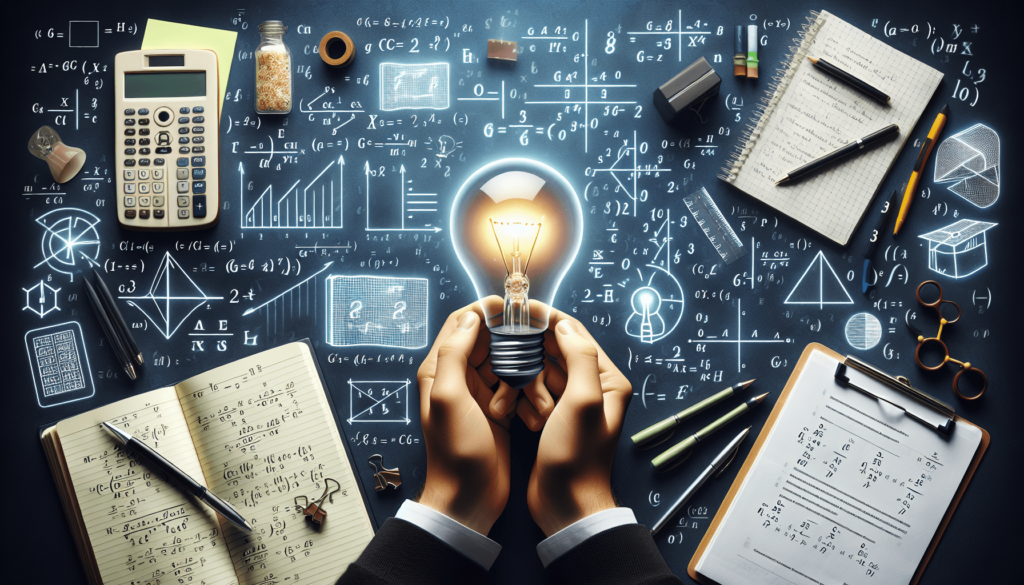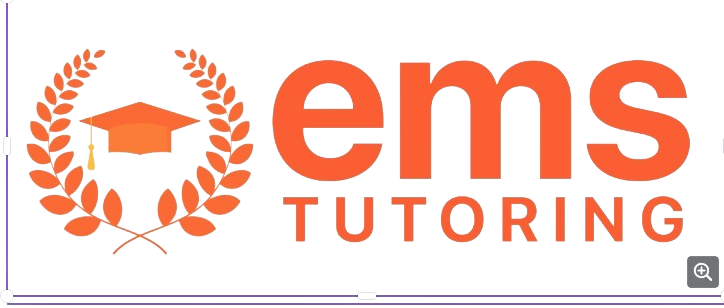Are you feeling overwhelmed by the upcoming GCSE Maths exam? Don’t worry, we’ve got your back! In this article, we will share some valuable exam techniques to help you ace your GCSE Maths and boost your confidence. From understanding algebra and geometry to tackling trigonometry and statistics, we’ll provide you with essential study strategies and revision tips that will set you up for success. Get ready to conquer quadratic equations, master mathematical concepts, and develop your problem-solving skills. With the right approach to exam preparation, you’ll be well-equipped to tackle any challenge that comes your way. So, let’s dive into the world of GCSE Maths and embark on a journey towards tutoring success!
Understanding the Exam Format
Know the structure of the exam
To excel in your GCSE Maths exam, it is crucial to have a clear understanding of the exam format. Familiarize yourself with how the exam is structured, including the number of papers, their duration, and the different question types. Knowing what to expect will help you strategize your preparation and manage your time effectively during the exam.
Understand the mark distribution
Understanding how marks are allocated in the exam can guide your preparation and decision-making. Take note of the weightage assigned to each topic or concept in the exam syllabus. This knowledge will give you insights into which areas to focus on and allocate more time to, ensuring you maximize your potential for scoring well.
Effective Time Management
Create a study schedule
A well-planned study schedule is key to effective time management for your GCSE Maths exam. Break down the syllabus into manageable chunks and allocate specific time slots for each topic. By following a structured schedule, you can ensure that you cover all the necessary material and have sufficient time for practice and revision. Stick to your schedule to maintain consistency and discipline in your studying routine.
Practice time management during exams
Time management is not only important during your preparation but also during the exam itself. When attempting questions, keep an eye on the clock and allocate time for each section or question based on its weightage. This will prevent you from spending too much time on one question and enable you to attempt the entire paper within the given time frame. Regularly practicing timed mock exams will help you improve your speed and efficiency in solving problems.
Mastering Mathematical Concepts
Understand key concepts thoroughly
To tackle the GCSE Maths exam with confidence, it is essential to have a strong understanding of key mathematical concepts. Take the time to learn and grasp the underlying principles and formulas associated with each concept. Work through examples and practice questions to reinforce your understanding and application of these concepts. A solid foundation in algebra, geometry, and trigonometry will serve as a springboard for tackling more complex problems.
Build a strong foundation in algebra, geometry, and trigonometry
Algebra, geometry, and trigonometry form the backbone of GCSE Maths. Devote sufficient time to learning and practicing these fundamental areas. Strengthen your algebraic skills by mastering equations, inequalities, and functions. Develop a solid grasp of geometric principles, properties, and theorems. Additionally, familiarize yourself with trigonometric concepts such as angles, triangles, and trigonometric functions. Building a strong foundation in these areas will enhance your problem-solving abilities and enable you to tackle a wide range of questions effectively.
Developing Problem-Solving Skills
Practice solving a variety of math problems
Problem-solving is a crucial skill to excel in your GCSE Maths exam. To hone your problem-solving abilities, expose yourself to a variety of math problems across different topics. Solve practice questions from textbooks, online resources, and past papers. Challenge yourself by attempting complex and unfamiliar problems. The more you practice, the better you will become at identifying problem-solving strategies and applying them to different scenarios.
Learn different problem-solving techniques
There are various problem-solving techniques that can simplify complex math problems. Familiarize yourself with techniques such as breaking problems into smaller steps, using visual representations, working backwards, and applying logical reasoning. By learning different problem-solving techniques, you can develop a versatile approach to tackling various question types. Practice using these techniques in your problem-solving sessions to become more efficient and confident in your abilities.
Using Mathematical Formulas
Memorize important formulas
The GCSE Maths exam requires you to apply a range of mathematical formulas. It is crucial to commit these formulas to memory to solve problems accurately and efficiently. Create flashcards or mnemonic devices to aid in memorization. Regularly revise and test yourself on the formulas to ensure they are readily accessible during the exam. By having essential formulas at your fingertips, you can save valuable time and avoid unnecessary mistakes.
Apply formulas correctly in different scenarios
Memorizing formulas is only the first step; applying them correctly is equally important. Understand the conditions and assumptions under which each formula can be used. Practice applying the formulas to different scenarios and question types to develop a deeper understanding of their applicability. This will enable you to select and apply the appropriate formulas accurately, leading to accurate solutions and higher scores.
Utilizing Mathematical Resources
Use textbooks and online resources
Textbooks and online resources are valuable tools for learning and practicing math concepts. Utilize your textbooks to understand key concepts and work through examples. Supplement your learning with online resources such as video tutorials, practice questions, and interactive quizzes. These resources provide additional explanations and alternative approaches to problem-solving, catering to different learning styles. Take advantage of the vast array of resources available to enrich your understanding and strengthen your skills.
Take advantage of educational technology
In today’s digital age, educational technology offers innovative ways to enhance your learning experience. Explore online platforms, learning apps, and interactive software designed specifically for GCSE Maths. These tools often feature adaptive learning algorithms, personalized feedback, and progress tracking, allowing you to tailor your learning journey to your individual needs. Embrace educational technology as a complementary resource to boost your understanding and engage with the subject in a dynamic and interactive manner.
Practicing Past Papers
Solve previous years’ exam papers
Past papers are invaluable resources for your GCSE Maths exam preparation. They provide you with a realistic understanding of the exam format, question types, and level of difficulty. Set aside dedicated time to solve past papers under exam conditions. This will help you familiarize yourself with the time constraints, build your confidence, and identify areas where you need further practice. Analyze your performance and seek feedback to continually improve and refine your exam techniques.
Analyze mistakes and learn from them
The purpose of practicing past papers is not only to gauge your knowledge but also to identify and learn from your mistakes. After attempting a paper, thoroughly review your answers and explanations. Analyze the mistakes you made and understand the underlying reasons. Focus on addressing areas of weakness and clarifying any misconceptions. By reviewing and learning from your mistakes, you can avoid making similar errors in the actual exam and improve your overall performance.
Reducing Exam Anxiety
Manage stress through relaxation techniques
Exam anxiety is common, but managing it is crucial for performing your best in the GCSE Maths exam. Prioritize self-care and incorporate relaxation techniques into your daily routine. Deep breathing exercises, meditation, and physical activities like yoga or jogging can help alleviate stress and promote a calm and focused mindset. Find what works best for you and make time for these activities regularly to stay centered and reduce anxiety.
Conquer fear of exams with a positive mindset
A positive mindset plays a significant role in overcoming the fear of exams. Challenge negative thoughts and replace them with positive affirmations. Visualize yourself confidently solving math problems and achieving success in the exam. Surround yourself with supportive individuals who encourage and motivate you. Cultivate a positive attitude towards exams, viewing them as an opportunity to showcase your skills and knowledge. With a positive mindset, you can approach the GCSE Maths exam with confidence and perform at your best.
Employing Critical Thinking
Analyze and interpret questions carefully
Critical thinking is essential when attempting math questions in your GCSE Maths exam. Read each question carefully, identifying the key information and determining the problem’s requirements. Break down complex questions into simpler parts and visualize the problem to gain a deeper understanding. Identify any assumptions or constraints outlined in the question. By analyzing and interpreting questions carefully, you can formulate precise and effective problem-solving strategies.
Apply logical reasoning while solving problems
Logic is fundamental to mathematics. Apply logical reasoning when approaching math problems in your GCSE Maths exam. Identify patterns, relationships, and logical connections between different elements in the question. Use deductive reasoning to draw logical conclusions and make valid inferences. By incorporating logical thinking into your problem-solving process, you can arrive at accurate solutions and demonstrate a higher level of understanding to the examiners.
Enhancing Numeracy Skills
Improve mental arithmetic skills
Strong mental arithmetic skills are valuable in the GCSE Maths exam, as they allow you to perform calculations quickly and accurately. Dedicate time to practicing mental calculations, such as addition, subtraction, multiplication, and division. Use mental strategies like rounding numbers, breaking down complex calculations, and using estimation to simplify problems. Regular mental arithmetic practice will enhance your numerical fluency and enable you to solve problems more efficiently.
Practice estimation and approximation
Estimation and approximation are useful techniques when dealing with complex calculations or large numbers. Develop your ability to estimate quantities, approximate values, and assess the reasonableness of your answers. Practice estimating the results of calculations before solving them to gauge their approximate magnitude. This skill will not only save you time during the exam but also serve as a valuable sanity-check for your calculations. Emphasize continual practice of estimation and approximation to strengthen your numeracy skills.
Incorporating these exam techniques into your GCSE Maths preparation will enhance your understanding, problem-solving abilities, and confidence. Remember to utilize resources, manage your time effectively, and reduce exam anxiety through self-care and a positive mindset. By employing critical thinking and enhancing your numeracy skills, you will be well-equipped to tackle the GCSE Maths exam and achieve success.








